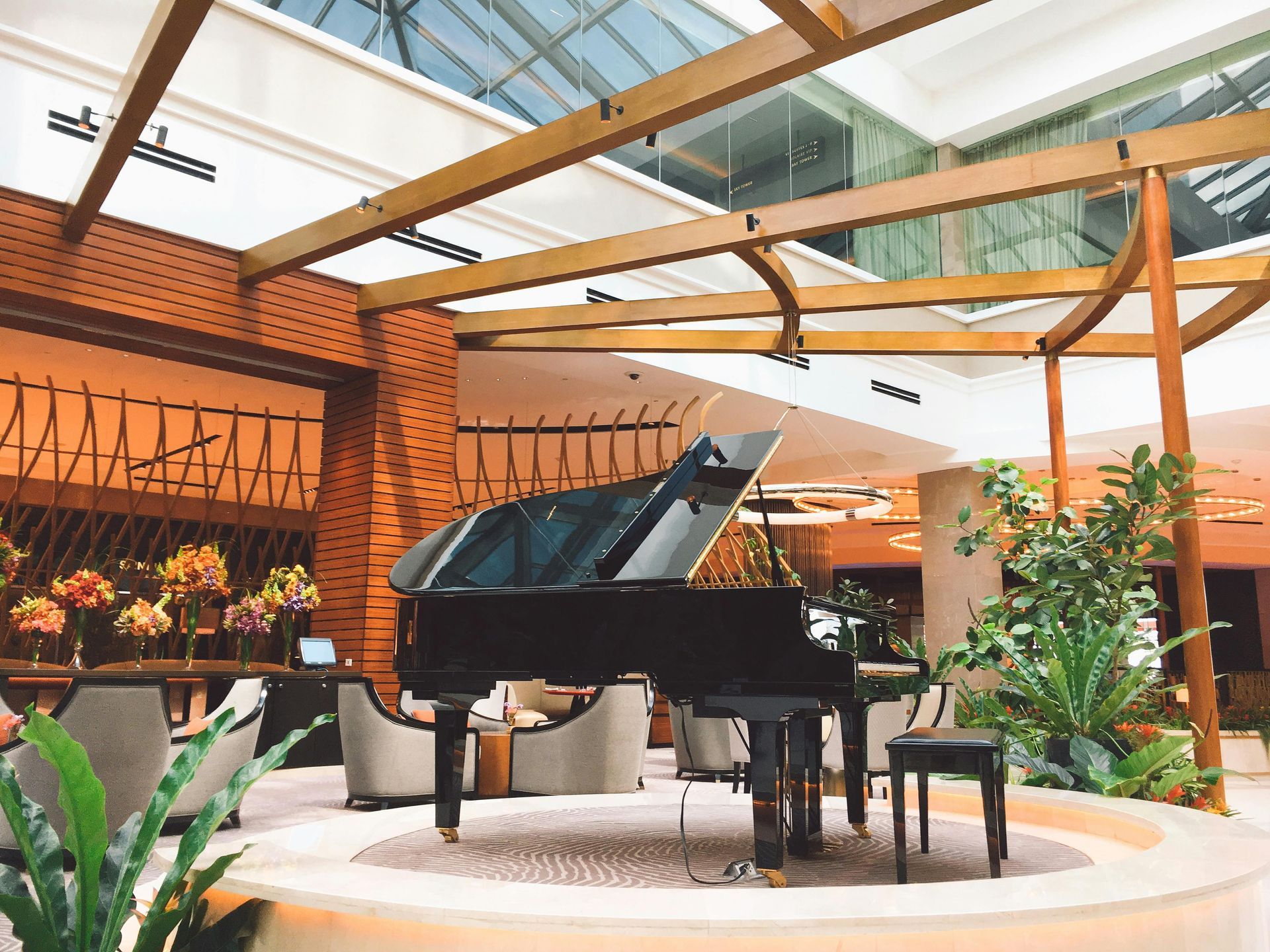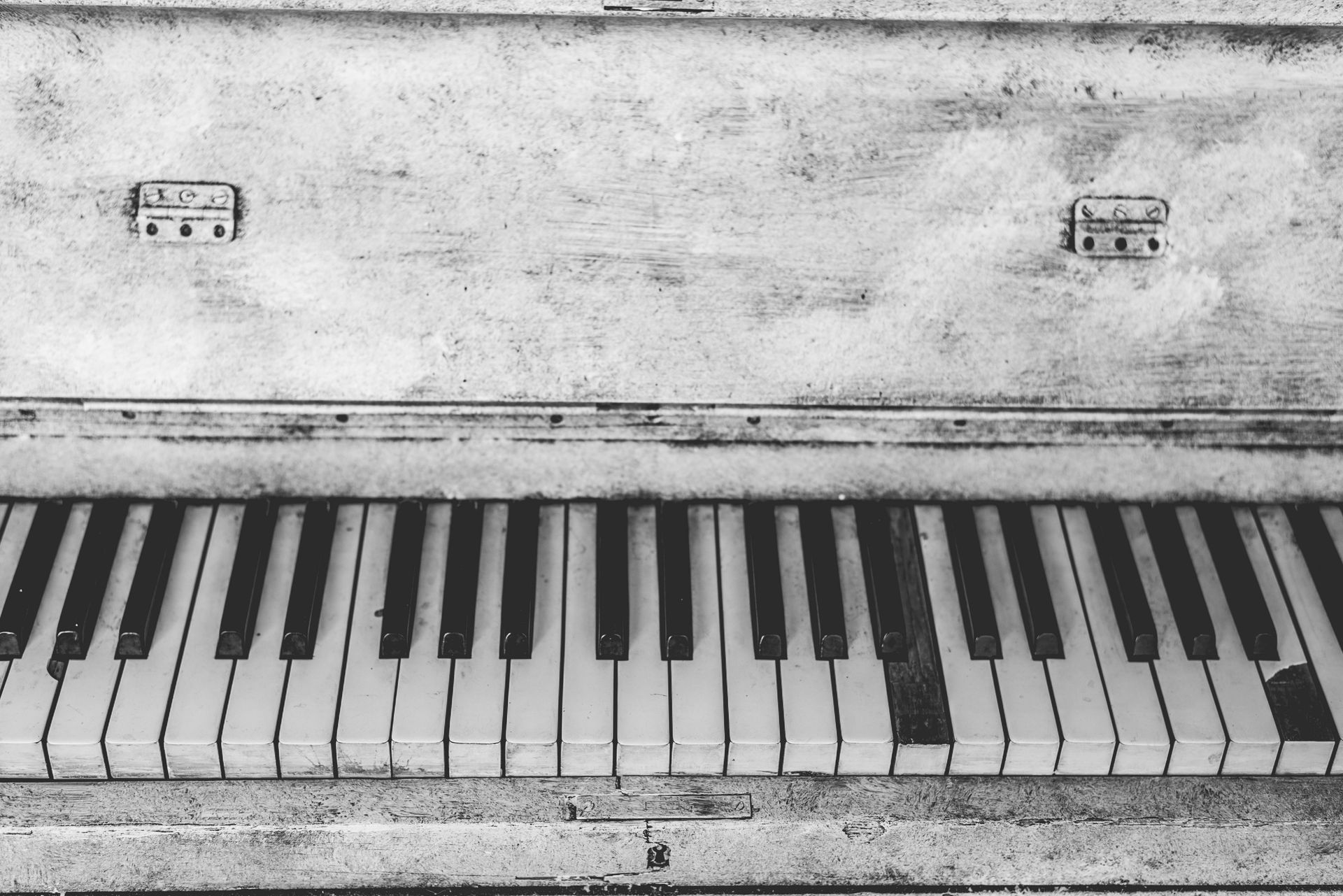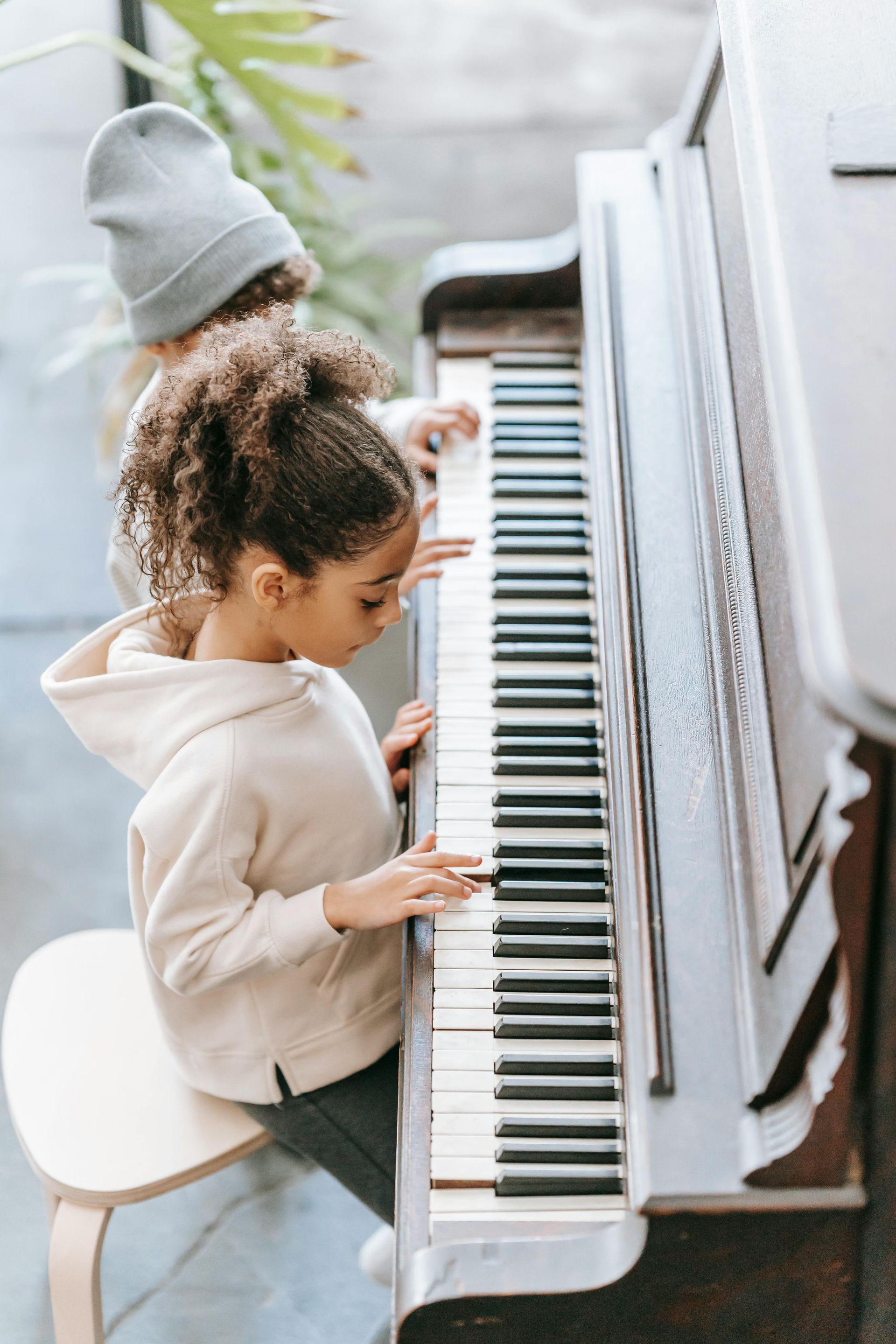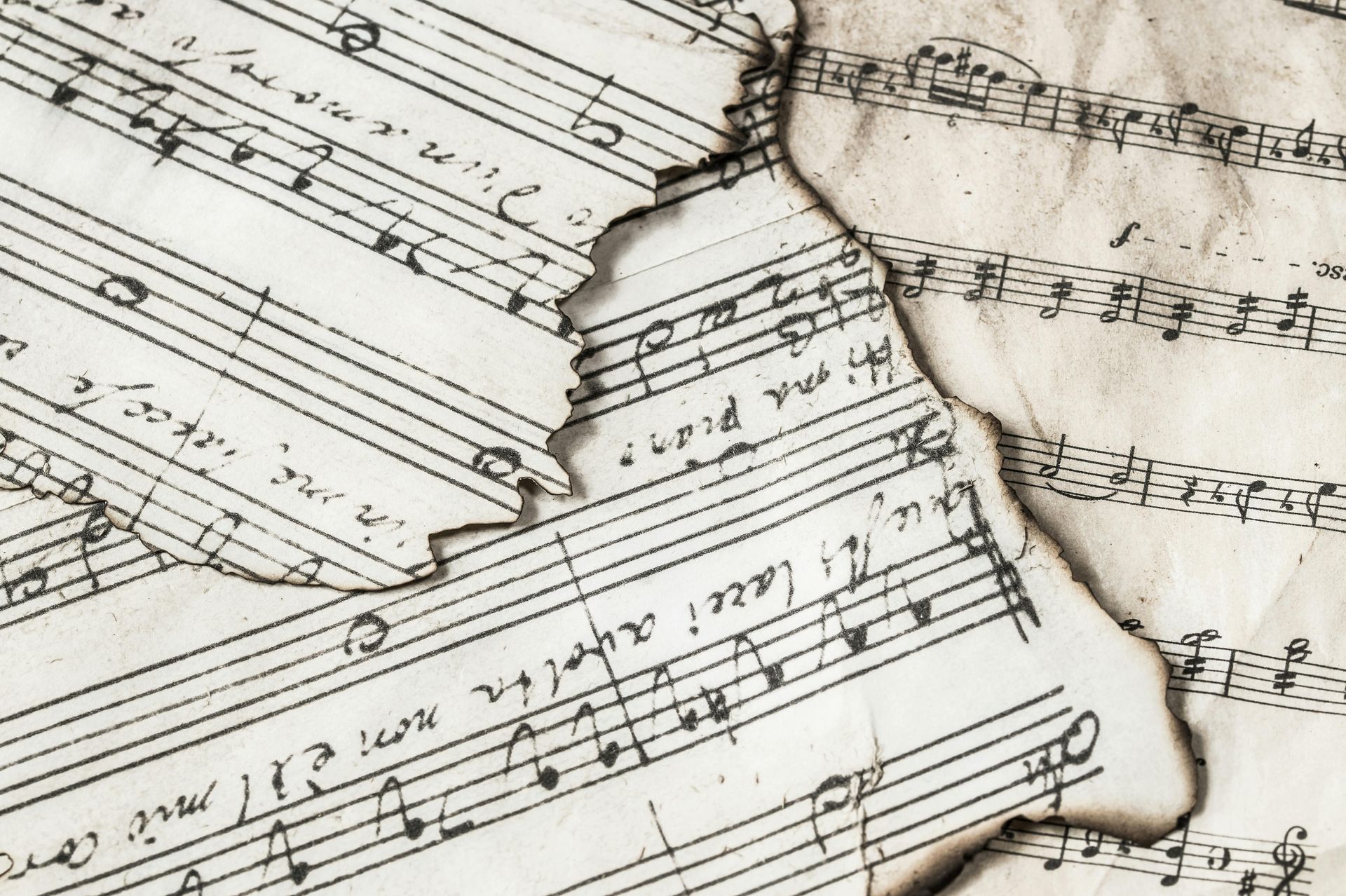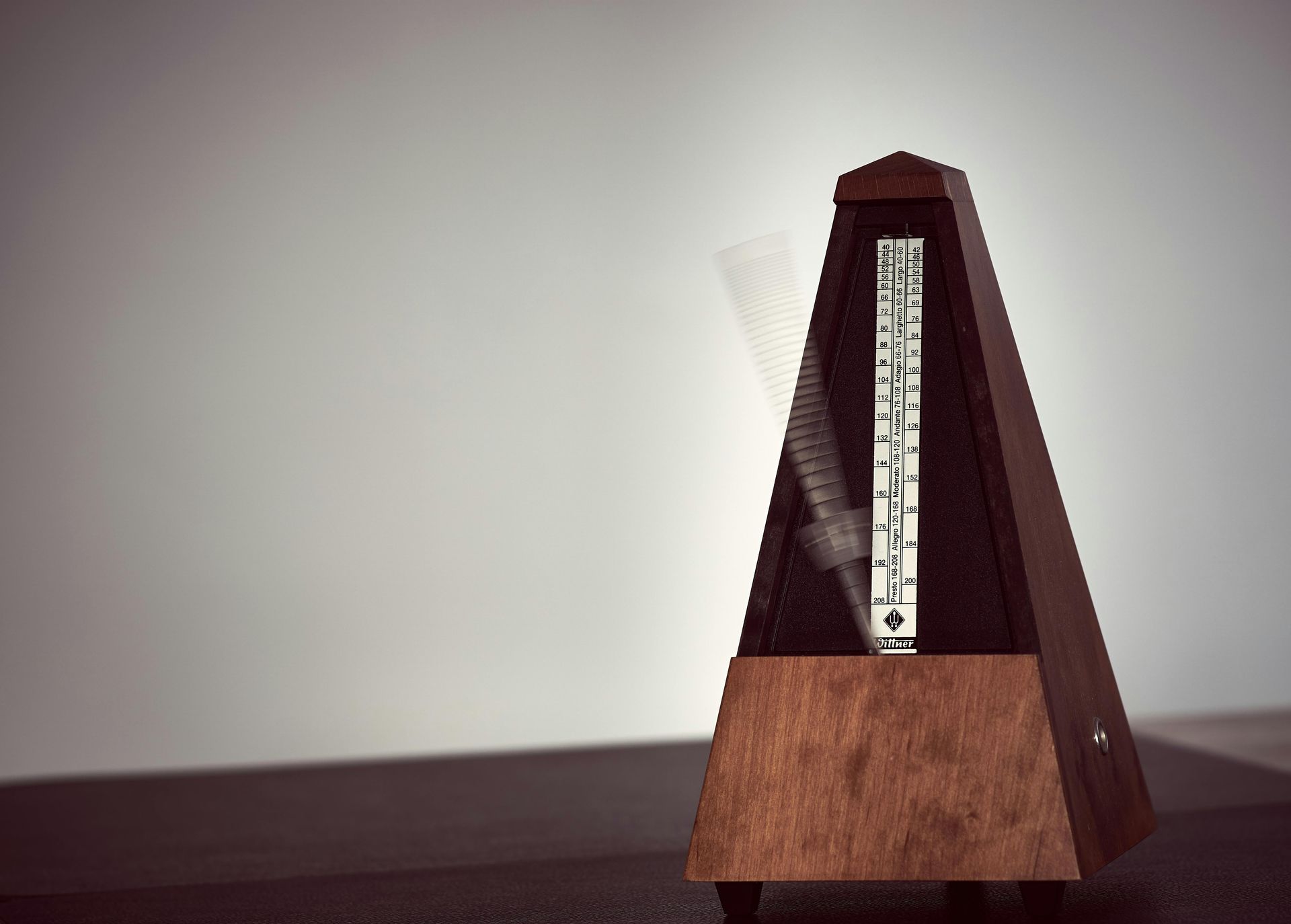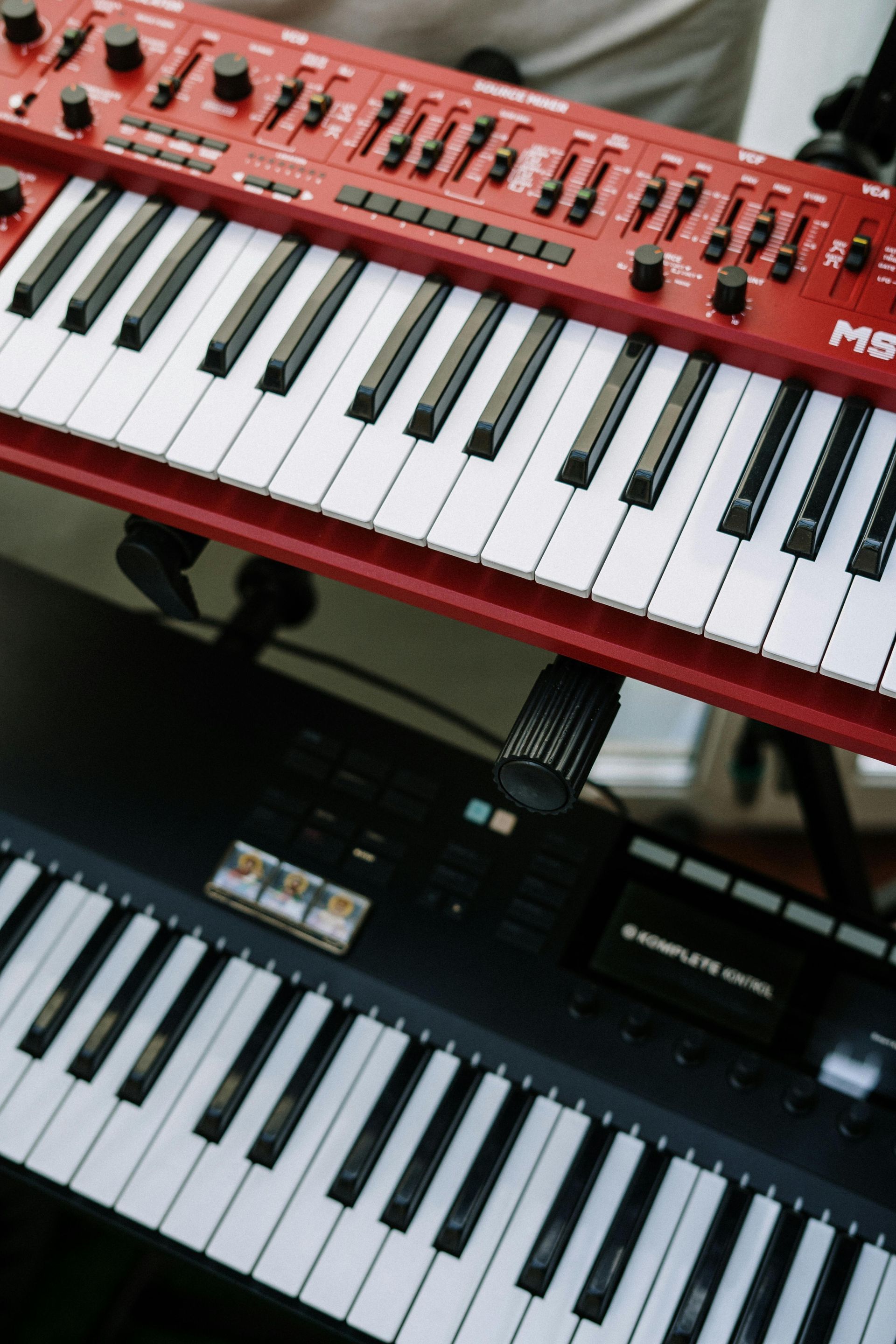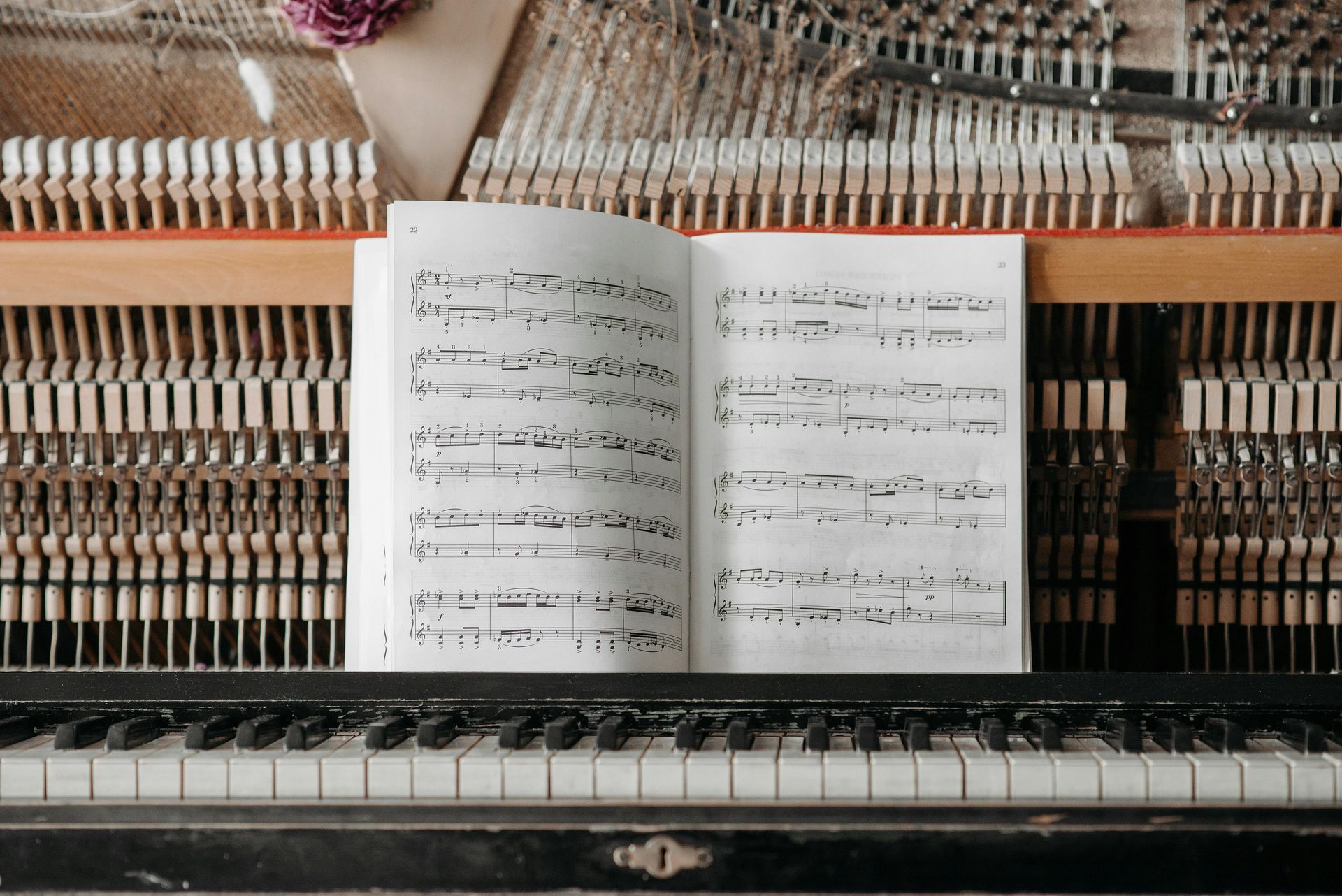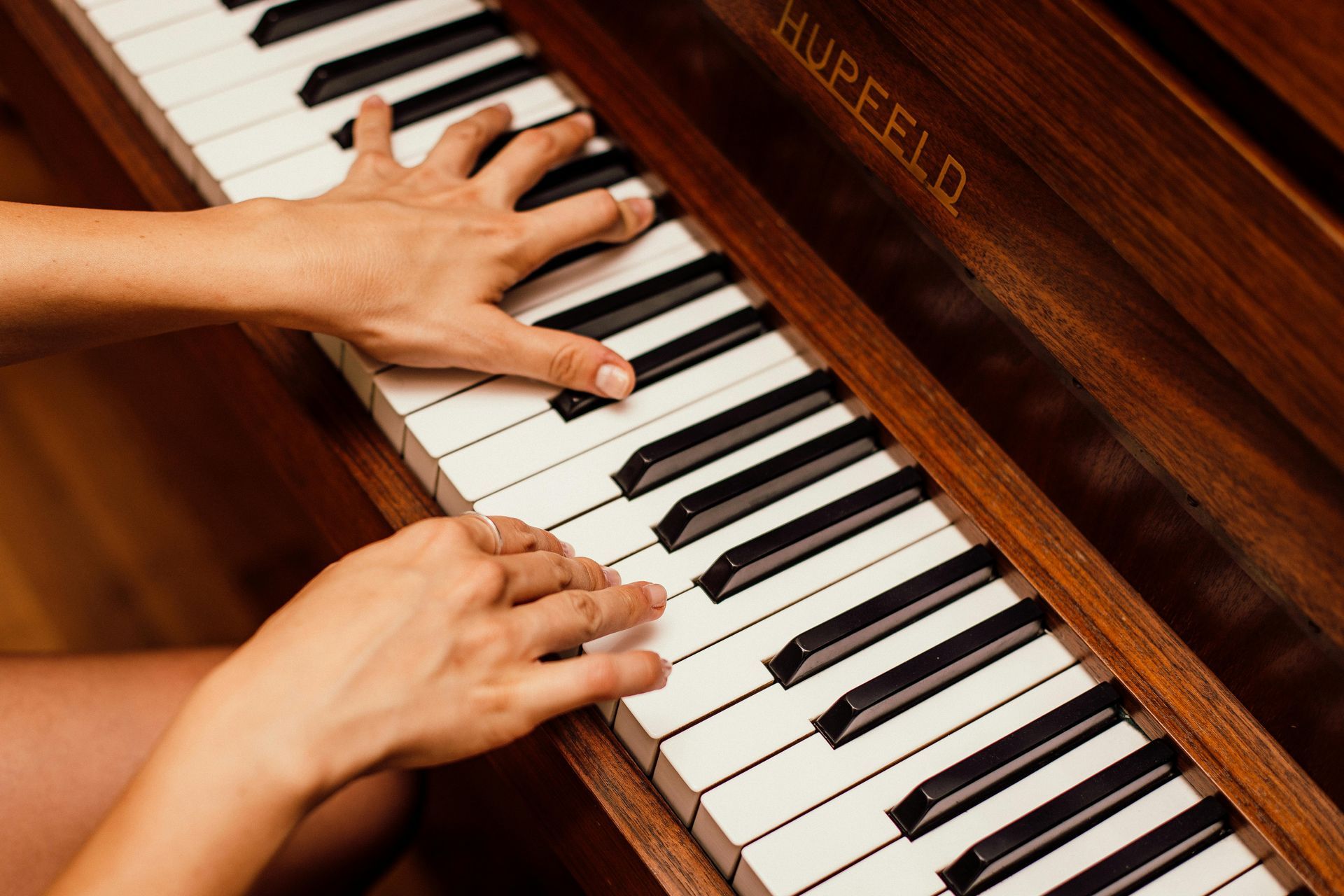Can a Child Start Piano Before Age 6?
When should children start learning piano? It’s a question countless parents wrestle with, especially when their little ones show an early interest in music. The conventional wisdom suggests starting piano lessons around the age of six, but as with many developmental milestones, there’s no one-size-fits-all answer.
For some children, starting piano earlier—by the age of four or five—might be a better path. Read on to unpack the factors that determine whether your child is ready for piano lessons, the benefits of early musical exposure, and how to nurture your child’s musical passion regardless of their age.
Are Some Kids Truly Ready Before Six?
Yes! Every Child is Different.
While the age of six is often seen as a sweet spot for beginning piano lessons, some children exhibit the readiness to start even earlier. This readiness isn’t dictated solely by their age—it’s a combination of motor skills, attention span, and genuine interest.
Some 4- or 5-year-olds might have advanced fine motor skills, which would allow them to move their fingers with surprising agility on piano keys, even with small hands. Additionally, these younger kids often demonstrate a longer attention span, enabling them to focus on half-hour lessons without becoming overly distracted.
However, readiness goes beyond physical capacity. A strong interest in piano or the desire to learn can significantly affect how successful piano lessons will be. If your child is eager to learn, those early lessons may feel more like an adventure rather than a chore.
Exploring Piano Without Formal Lessons
If your child shows interest but you’re not sure if they’re ready for structured lessons, there’s an alternative. Having a piano in your home allows your child to explore the instrument on their terms. They can experiment with sounds and rhythms freely, fostering a natural curiosity without the pressure of lessons.
An even better option? If someone in your household knows how to play, they can introduce basic musical concepts casually. This creates a stress-free environment where your child can engage with the piano and build a foundational familiarity, preparing them for formal lessons later.
Ultimately, while some children might start piano as early as four, for most, the ideal age still falls between five and eight. This period is a crucial time for brain development and motor skills. When introduced at the right moment, piano lessons can spark an everlasting love for music.
How to Ignite Your Child’s Love for Piano
Whether your child starts lessons early or waits until they’re a bit older, it’s essential to make piano learning an enjoyable and rewarding experience. Curious about how to keep your little musician motivated? Try the following tips.
1. Highlight the Fun Side of Piano
Learning the piano should be exciting, especially in the early stages. Encourage exploration—your child might enjoy pressing random keys to hear the sounds, creating their own mini-melodies. Avoid focusing too much on technical skills at the start; instead, make learning flexible and entertaining.
2. Set Small, Achievable Goals
Helping your child set realistic goals, such as learning to play a simple tune, can make progress feel rewarding rather than daunting. Celebrate every win, no matter how small—it builds confidence and keeps them inspired.
3. Introduce a Variety of Styles
Expand your child’s musical world. From classical to jazz, pop, or even video game soundtracks, exposing them to various genres makes music more engaging and culturally enriching. Your child might even find inspiration in trying to play their favorite songs on the piano.
4. Surround Them with Supportive Resources
Invest in high-quality children’s piano books, fun apps, and interactive online tools. These engaging resources can make practice sessions more dynamic and enjoyable, moving away from traditional methods that might feel rigid.
5. Lead by Example as the Parent
Your enthusiasm can make all the difference. Show an interest in your child’s musical progress—ask them to play for you, cheer on their efforts, and even consider learning the piano yourself to create shared moments of creativity.
6. Find the Right Teacher
A great piano teacher is more than just someone who knows how to play—they connect with your child, tailor lessons to their needs, and make the process exciting and rewarding. Invest time in finding a passionate teacher who understands your child’s personality and learning style.
7. Encourage Practice with Rewards
Consistency is key to mastering the piano, but that doesn’t mean practice has to feel like a chore. Establish a routine that includes short daily practice periods alongside free play on the piano. Rewards like stickers, extra screen time, or small treats can help encourage regular sessions.
8. Create Opportunities for Performance
Give your child chances to showcase their progress. Family gatherings, school talent shows, or even impromptu living room concerts can build their confidence and keep them striving for improvement.
9. Teach Music Theory and Composition
Piano lessons don’t have to stop at playing songs. Introducing basic music theory or simple composition techniques helps deepen their understanding of music and empowers them to create their own pieces. This adds another layer of excitement to their learning.
10. Join a Musical Community
Music is always sweeter when shared. Connect your child to local music groups, workshops, or forums where they can meet peers and mentors. Being part of a supportive community reinforces their love for the piano and provides encouragement from like-minded individuals.
Piano Lessons as a Foundation for Lifelong Benefits
Introducing your child to piano lessons at the right time is truly a gift that keeps on giving. Beyond the joy of music itself, learning piano has been shown to boost cognitive development, improve discipline, and enhance creativity—a wonderful way to help your child grow.
If your child shows signs of readiness before the age of six, don’t hold back! Whether they’re playing structured lessons or casually experimenting with the keys, any exposure to music during early childhood has incredible potential.
Deciding when to start is just the first step. What matters most is how you foster their growing interest and make the piano a source of happiness and self-expression.
Thinking of Enrolling Your Child in Piano Lessons?
If you’d like expert guidance on how to help your child start their musical journey, reach out to me. I start teaching piano lessons at the age of 4!
